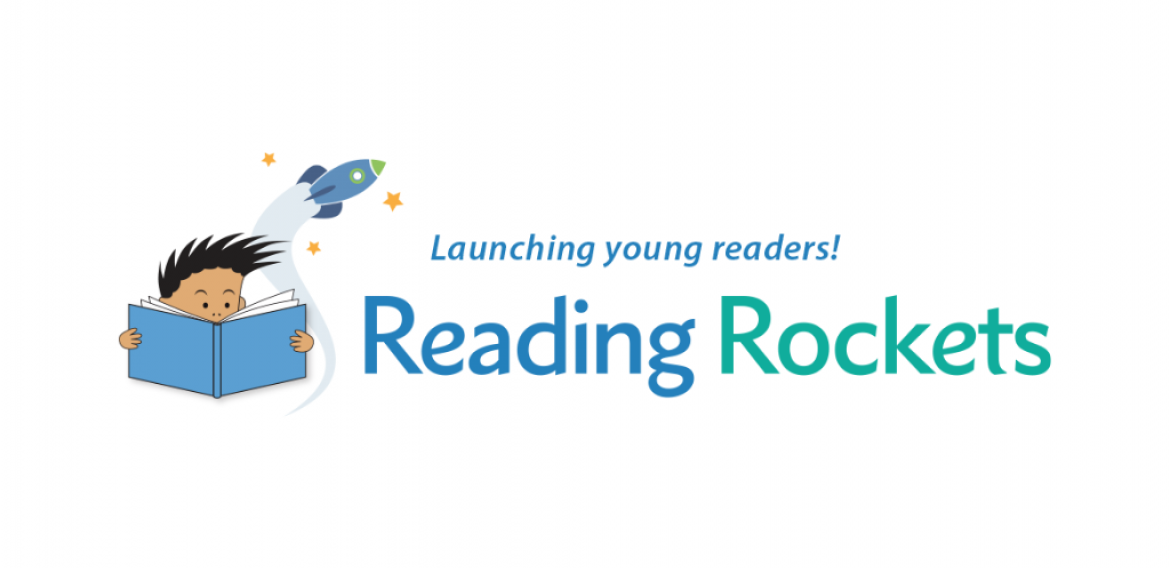Reading Tips for Parents
Literacy is the ability to read and write well, and early childhood literacy development is key for success in school and later in life.
As parents, you can support your child’s reading journey at home. Give them lots of opportunities to read aloud and encourage them to practice every day. Here are some helpful reading tips from Reading Rockets for 1st-3rd grade parents.
Find ways to read, write, and tell stories together with your child. Always applaud your young reader and beginning story writer! The tips below offer some fun ways you can help your child become a happy and confident reader. Try a new tip each week. See what works best for your child.
FIRST GRADE
Don’t leave home without it
Bring along a book or magazine any time your child has to wait, such as at a doctor’s office. Always try to fit in reading!
Once is not enough
Encourage your child to re-read favorite books and poems. Re-reading helps kids read more quickly and accurately.
Dig deeper into the story
Ask your child questions about the story you’ve just read. Say something like, “Why do you think Clifford did that?”
Take control of the television
It’s difficult for reading to compete with TV and video games. Encourage reading as a free-time activity.
Be patient
When your child is trying to sound out an unfamiliar word, give him or her time to do so. Remind to child to look closely at the first letter or letters of the word.
Pick books that are at the right level
Help your child pick books that are not too difficult. The aim is to give your child lots of successful reading experiences.
Play word games
Have your child sound out the word as you change it from mat to fat to sat; from sat to sag to sap; and from sap to sip.
I read to you, you read to me
Take turns reading aloud at bedtime. Kids enjoy this special time with their parents.
Gently correct your young reader
When your child makes a mistake, gently point out the letters he or she overlooked or read incorrectly. Many beginning readers will guess wildly at a word based on its first letter.
Talk, talk, talk!
Talk with your child every day about school and things going on around the house. Sprinkle some interesting words into the conversation, and build on words you’ve talked about in the past.
Write, write, write!
Ask your child to help you write out the grocery list, a thank you note to Grandma, or to keep a journal of special things that happen at home. When writing, encourage your child to use the letter and sound patterns he is learning at school.
SECOND GRADE
Tell family tales
Children love to hear stories about their family. Talk about a funny thing that happened when you were young.
Create a writing toolbox
Fill a box with drawing and writing materials. Find opportunities for your child to write, such as the shopping list, thank you notes, or birthday cards.
Be your child’s #1 fan
Ask your child to read aloud what he or she has written for school. Be an enthusiastic listener.
One more time with feeling
When your child has sounded out an unfamiliar word, have him or her re-read that sentence. Often kids are so busy figuring out a word they lose the meaning of what they’ve just read.
Create a book together
Fold pieces of paper in half and staple them to make a book. Ask your child to write sentences on each page and add his or her own illustrations.
Do storytelling on the go
Take turns adding to a story the two of you make up while riding in a car or bus. Try making the story funny or spooky.
Point out the relationship between words
Explain how related words have similar spellings and meanings. Show how a word like knowledge, for example, relates to a word like know.
Use a writing checklist
Have your child create a writing checklist with reminders such as, “Do all of my sentences start with a capital? Yes/No.”
Quick, quick
Use new words your child has learned in lively flash card or computer drills. Sometimes these help kids automatically recognize and read words, especially those that are used frequently.
THIRD GRADE
Make books special
Turn reading into something special. Take your kids to the library, help them get their own library card, read with them, and buy them books as gifts. Have a favorite place for books in your home or, even better, put books everywhere.
Get them to read another one
Find ways to encourage your child to pick up another book. Introduce him or her to a series like The Boxcar Children or Harry Potter or to a second book by a favorite author, or ask the librarian for additional suggestions.
Crack open the dictionary
Let your child see you use a dictionary. Say, “Hmm, I’m not sure what that word means… I think I’ll look it up.”
Talk about what you see and do
Talk about everyday activities to build your child’s background knowledge, which is crucial to listening and reading comprehension. Keep up a running patter, for example, while cooking together, visiting somewhere new, or after watching a TV show.
First drafts are rough
Encourage your child when writing. Remind him or her that writing involves several steps. No one does it perfectly the first time.
Different strokes for different folks
Read different types of books to expose your child to different types of writing. Some kids, especially boys, prefer nonfiction books.
Teach your child some “mind tricks”
Show your child how to summarize a story in a few sentences or how to make predictions about what might happen next. Both strategies help a child comprehend and remember.
“Are we there yet?”
Use the time spent in the car or bus for wordplay. Talk about how jam means something you put on toast as well as cars stuck in traffic. How many other homonyms can your child think of? When kids are highly familiar with the meaning of a word, they have less difficulty reading it.
Reading Rockets is a national literacy initiative offering information and resources to families on how to help children become strong, confident readers.
Reading Rockets is a national public media literacy initiative offering information and resources on how young kids learn to read, why so many struggle, and how caring adults can help. Their goal is to bring the reading research to life — to spread the word about reading instruction and to present “what works” in a way that parents and educators can understand and use.
For more tips and information on helping your child with reading, visit the Reading Rockets website.







